Alzheimer’s disease (also known as Alzheimer or AD) is a progressive degenerative brain disease,and the most common type of dementia.People affected by AD have progressive and frequent memory loss.With time they may become withdrawn and develop trouble in thinking, planning, working, interacting socially or looking after themselves.
Normal Aging & Memory
The human brain contains over two billion neurons, and other than sensory analysis and execution of motor acts,it performs the unique and exceedingly complex & intricate function of accumulating knowledge that adds to the experience of an individual. This constitutes the intellect (cognitive ability) of a person and is person specific, develops with age, and is refined with education and exposure. In normal aging,the loss of intellectual faculties is not significant and people can live independent and productive lives.
Almost everyone experiences memory problems occasionally. However, memory loss is considered significant if the memory impairment is frequent and severe enough to interfere with work or daily routine.
Dementias are a group of neurological disorders that lead to decline in the cognitive abilities/intellect & interfere with a person’s ability to work and interact socially. There are various types of dementias that have different biological mechanisms, affect different regions of the brain,present in different ways and require different treatment. Some of these dementias are even reversible. Therefore, evaluation by a neurologist is important to identify the particular type of dementia as the treatment and prognosis of each dementia varies.
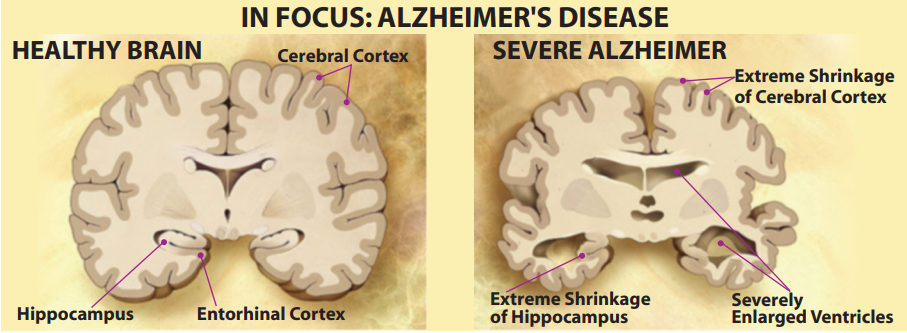
How Does Alzheimer Develop?
Alzheimer is associated with deposition of abnormal proteins in the brain, brain cell death and brain shrinkage. The exact causes and risk factors of Alzheimer are subject of active research.
Who Can Develop Alzheimer?
Alzheimer usually develops in people over the age of 65 years. The risk of developing Alzheimer increases with age. It affects both men and women. A rare genetic form of the disease, called, early-onset Alzheimer, develops between 30-60 years of age.
The memory decoder
| Normal mistakes | Significant mistakes |
|---|---|
| Occasionally forgets names, appointments or telephone numbers, but recalls them later. | Forgets things again and again, and does not recall them later. |
| Forgets to add salt while cooking. | Unable to prepare a meal or forgets to serve it or forgets if it was made. |
| Forgets the date and destination for a little while and then recollects it. | Looses track of time, forgets where they are, how they got there and how to return home |
| Has occasional difficulty in recognition of faces. | Mistakes their image in the mirror or people on television shows as a real person and interacts with them. Hears people or sees things which are not there (hallucinations) |
| Occasionally misplaces car keys, wallet, etc | Keeps things in wrong places and does so repeatedly. |
| Occasional difficulty in recalling words. | Faces marked difficulty in finding the correct word,names things inappropriately (says ‘can’ instead of ‘fan’), stops talking in mid conversation, abruptly changes the topic of conversation or is repeative. |
| A slight change in personality occurs with aging. | Dramatic change in personality may become withdrawn, uncommunicative, suspicious and fearful.Alternatively, may get overfamiliar,hypersexual or more outgoing. |
THE Clinic
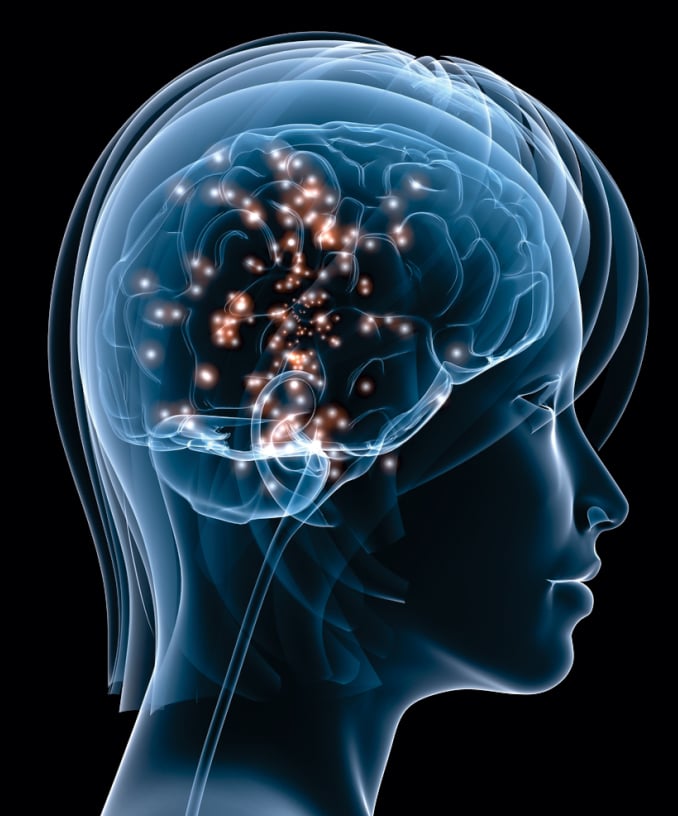
Our Alzheimer and Memory Clinic is a specialist clinic for people with neurological problems resulting in memory loss, confusion, difficulty in speech and understanding, change in personality, aggressive behaviour, hallucinations or depression.
The clinic offers a comprehensive screening and care program for AD and other memory disorders, including neurology consultation
physical and cognitive rehabilitation, and psychotherapy. Since cognitive and behavioural problems affect the family along with the patient, we also offer family counselling services,help target rehabilitative goals and equip the family for KH supported long term home care.
The mission of the Clinic is to join hands with the patient and their family to alleviate suffering by offering the best in medical care by combining the latest scientific know-how, medical technology and personalised attention.
Why Get Checked for Alzheimer?
Most people with memory problems don’t have Alzheimer.
How is Alzheimer Diagnosed?
Step 1: Cognitive Assessment to detect the
type of memory and cognitive impairment
Step 2:Tests to find the cause of memory loss
Treatment for AD
At present there is no cure for AD but there are drugs available to alleviate symptoms. Early diagnosis of AD can maximise the benefits from the available treatments.
A brain-healthy lifestyle
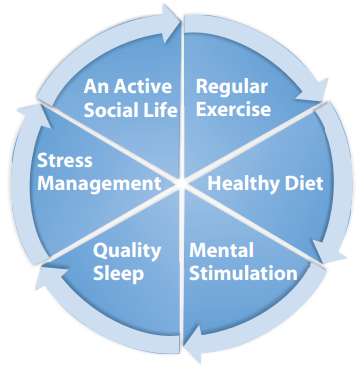
The Onset of AD Can Be Prevented By:
- Education
- Maintaining Active Lifestyle (Physical / Mental)
- Healthy eating habits
- Regular health checks to maintain normal Blood Pressure, Blood Sugar, Cholesterol and Body Weight
- Avoiding smoking & excessive alcohol intake
To Remain Healthy After Retirement,One Should…
- Learn 10 new words every year
- Solve different puzzles every month
- Learn one skill/new hobby every year like cooking, gardening, singing, dancing, playing a musical instrument or painting
- Learn a new language
- Make new friends
- Drink 1 glass of red wine every day
- Exercise everyday
- Laugh enough as ‘Laughter is the Best Medicine’
Types of dementias
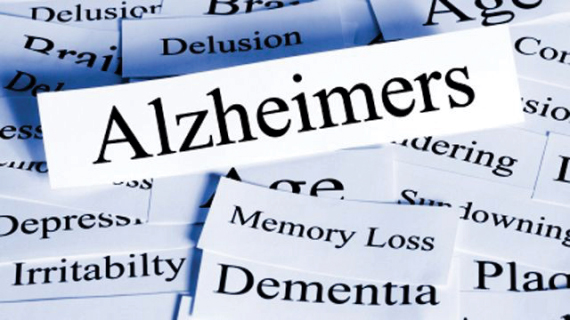
- Neurodegenerative dementias like Alzheimer’s disease, Parkinson’s disease & Frontal Temporal dementia
- Vascular dementias (following strokes)
- Normal Pressure Hydrocephalus
- Head injury
- Brain injury following cardiac arrest
- Infections like Creutzfeldt-Jakob Disease (Mad Cow Disease)
- Metal disorders like Wilson’s Disease and Neurodegeneration from Brain Iron Accumulation (NBIA)
Causative factors
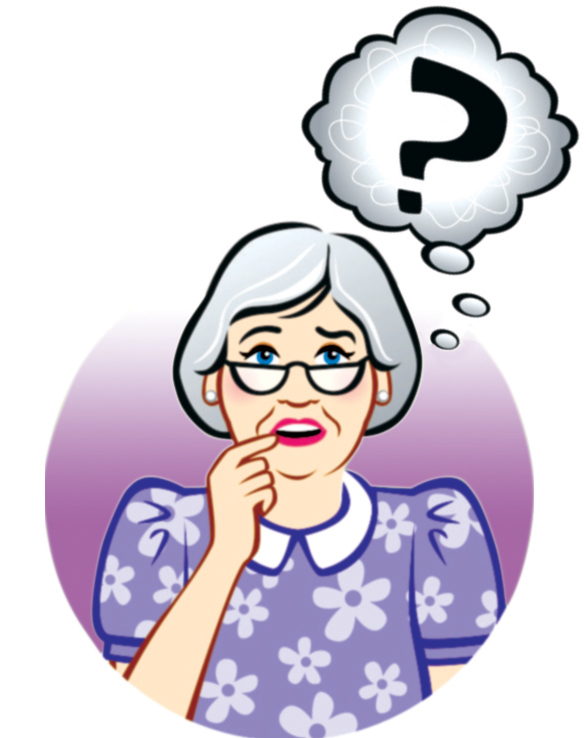
- Distractions, multitasking or sleep deprivation can lead to poor concentration and forgetfulness that can be easily corrected
- Persistent but potentially reversible memory loss may follow vitamin deficiencies, endocrine problems, electrolyte imbalance, infections, depression and other disorders
- Dementias other than Alzheimer’s disease can also manifest with memory loss
DID YOU KNOW?
- 50 % of people with Alzheimer and related disorders live in the developing countries
- India has 3.7 million people with Alzheimer and related disorders
- WHO: 300% increase in number by 2040
- By 2048:1 of every 45 person will have AD
- PET brain helps in early diagnosis of AD
- Research is underway to identify Blood and CSF (Cerebrospinal Fluid) tests to diagnose AD early
 Back to Site
Back to Site